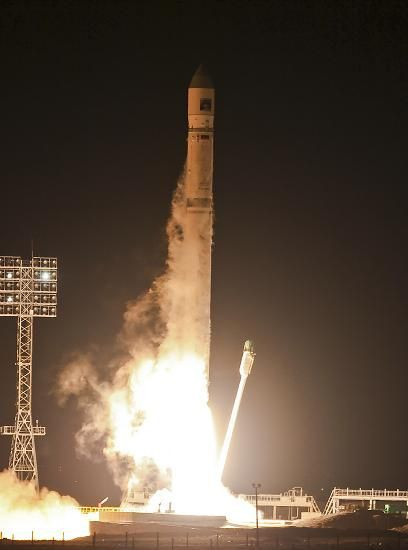Failed Russian Mars Probe Crashes into Pacific

Russia’s unmanned Phobos-Ground probe crashed into the Pacific Ocean yesterday after stalling in Earth’s orbit in a failed attempt to reach Mars.
According to Alexei Zolotukhin, a spokesman for Russia's aerospace defense forces, the 13.5 metric ton probe fell 775 miles west of Wellington Island in the South Pacific without reports of injury or damage.
The $170 million Phobos-Ground spent two months orbiting Earth as Russia and the European Space Agency attempted to revive its journey – efforts that ultimately failed and added to a recent history of unsuccessful attempt by Russia to reach Mars.
The probe was supposed to travel to one of Mars’ twin moons and collect soil samples, returning to Earth in 2014, but never made it out of orbit after launching in November.
It was Russia's most expensive and ambitious space mission since Soviet times, and the chief of Russia’s Federal Space Agency Vladimir Popovkin brought back Cold War-era paranoia, suggesting the mission was sabotaged by an outside force.
"It is unclear why our setbacks often occur when the vessels are travelling through what for Russia is the 'dark' side of the Earth — in areas where we do not see the craft and do not receive its telemetry readings," said Popovkin. “I do not want to blame anyone, but today there are some very powerful countermeasures that can be used against spacecraft whose use we cannot exclude.”



























